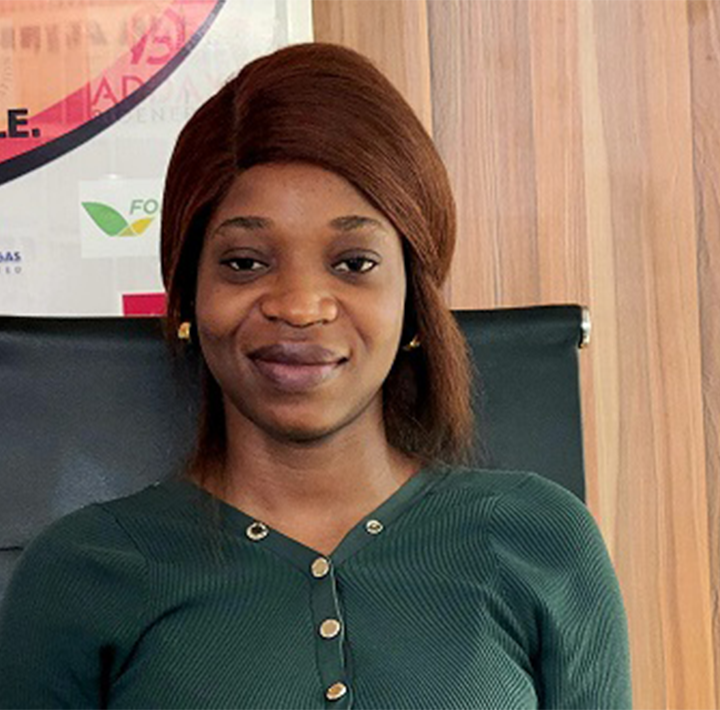Get in touch
PORT HARCOURT OFFICE
- 321 PH/Aba Expressway, Opposite Toyota RT Briscoe, (By new MTN Office) Rumuokwurusi, Port Harcourt
LAGOS OFFICE
- 2 Sanyaolu street, Off Kudirat Abiola Way, Opposite Zaheed Mall (by Oregun bus stop), Oregun, Ikeja.
WARRI OFFICE
- Ufuoma Plaza, Suite 3, Top Floor, Along Udu Road, (Between Express Junction and Ovwian Junction), Ovwian .
- CALL US: 0803 088 6432, 0806 005 4239, 0806 004 6739
- EMAIL US: [email protected] [email protected]




